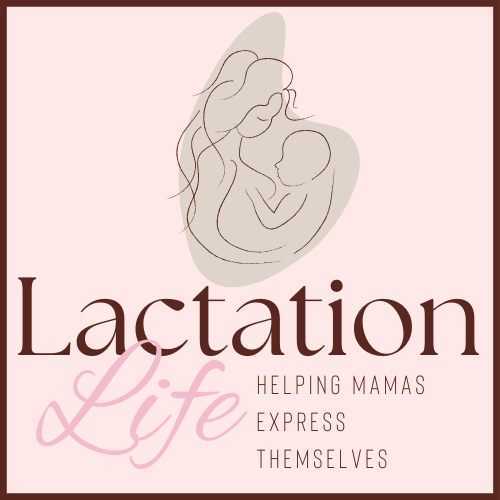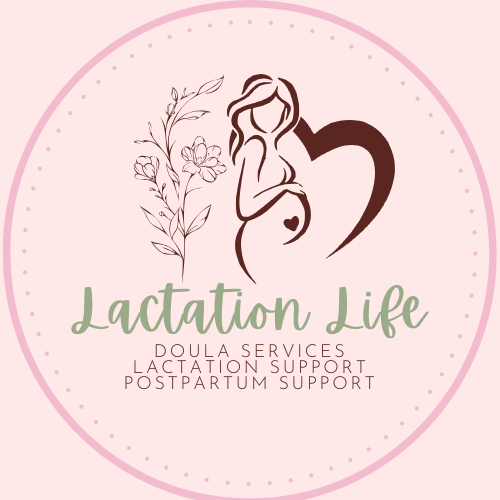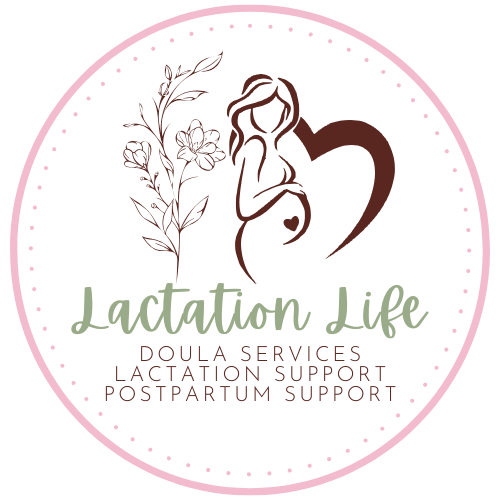The Power of Unmedicated Childbirth: Embracing the Natural Birth Experience
Unmedicated childbirth is a deeply personal and empowering experience that many birthing people choose for a variety of reasons, including a desire for minimal medical intervention, a more connected birthing experience, or a preference for natural pain management techniques.

Introduction: Understanding Unmedicated Birth
While every birth is unique, preparing for an unmedicated birth requires physical, mental, and emotional readiness. With the right knowledge, support, and tools, you can navigate labor confidently and embrace the natural process of bringing your baby into the world.
Why Choose an Unmedicated Birth?
There are several reasons why individuals choose to labor without medication:
Increased Mobility: Without an epidural, you can move freely, changing positions to help labor progress naturally.
Hormonal Benefits: The body releases oxytocin and endorphins, which work together to facilitate labor and provide natural pain relief.
Faster Recovery: Many who birth without medication experience a quicker postpartum recovery and feel more energized immediately after birth.
More Control & Awareness: Without medical pain relief, you stay more in tune with your body’s signals and can respond instinctively.
Choosing an unmedicated birth doesn’t mean you are rejecting medical care—it simply means you are prioritizing a birth experience that aligns with your body’s natural rhythms while having a well-prepared support system in place.
How to Prepare for an Unmedicated Birth
1. Educate Yourself
Knowledge is power. Taking a childbirth education class focused on unmedicated birth can give you confidence in understanding what to expect, how to cope with labor, and how to advocate for your preferences. Books like Ina May’s Guide to Childbirth or The Birth Partner can be excellent resources.
2. Practice Pain Management Techniques
Without an epidural, pain management relies on a combination of physical and mental coping strategies:
Breathing Techniques: Deep breathing, patterned breathing, and visualization help you stay calm during contractions.
Movement & Positioning: Squatting, walking, and using a birthing ball can aid progress and reduce discomfort.
Hydrotherapy: A warm shower or birth tub can provide significant pain relief.
Counterpressure & Massage: A birth partner or doula can apply pressure to relieve tension in the back or hips.
3. Build a Strong Support System
Having the right people by your side is crucial. Whether it’s a doula, supportive partner, or midwife, surround yourself with individuals who respect your birth plan and can provide emotional and physical support.
4. Choose a Birth-Friendly Environment
Your birth setting plays a key role in supporting an unmedicated labor. Many people choose birth centers or home births for a more natural experience, but hospitals with supportive providers can also accommodate unmedicated births.
5. Stay Flexible and Trust the Process
While planning is essential, labor is unpredictable. Being flexible allows you to adjust to your body’s needs while staying calm and confident.
Coping Through Labor: What to Expect
Labor is an intense experience, and understanding what happens at each stage can help you manage the sensations effectively.
Early Labor:
This is the longest phase, often lasting hours. Contractions are mild, and this is a great time to rest, eat, and conserve energy. Staying relaxed and breathing through contractions can help set a positive tone for labor.
Active Labor:
Contractions become stronger and more regular. Movement, hydrotherapy, and focused breathing are essential tools during this phase.
Transition (Most Intense Phase):
Contractions peak, and it’s normal to feel overwhelmed. Having a strong support system and using deep, rhythmic breathing can help you push through this stage.
Pushing & Birth:
Once fully dilated, it’s time to work with your body. Many unmedicated births allow for instinctual pushing, using gravity-friendly positions like squatting or hands-and-knees to aid baby’s descent.
Conclusion: Empowerment Through Birth
An unmedicated birth is not about proving strength but about embracing the power of your body. With the right preparation, mindset, and support, you can experience a birth that is both empowering and transformative.
Whether you choose to birth at home, in a birth center, or in a hospital, remember that you are capable, strong, and designed for this experience.











